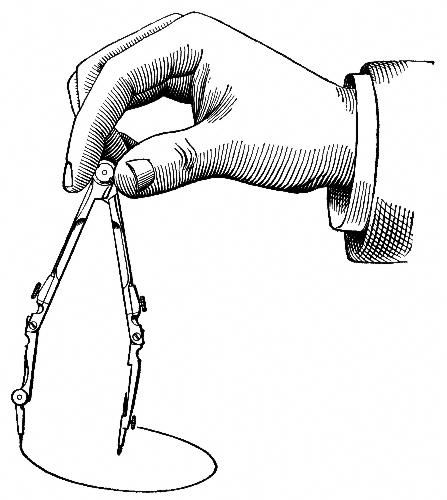|
English Language
|
Metaphor
What is a metaphor and what use is it?
A metaphor is a figurative device describing something
as not literally true eg "he had haystack hair". It is distinguished
from a simile which compares and says something is like
something else. A metaphor transfers meaning from one item to the other.
So the qualities of a haystack (golden in colour, spiky and rather untidy
at the edges and top) are transferred to the boy's hair (which is unruly
blond).
A metaphor usually expresses a deeper meaning or feels more profound than
a simile.
It is common for this transfer of meaning to go from the concrete to the abstract. This is because it is the abstract notion tat needs more description and benefits from borrowing the qualities of the concrete.
So for example the concrete fact of the sinking of the great liner the Titanic by an iceberg is used as a metaphor for the abstract human hubris, man's inevitable destiny, man versus fate and nature and disasters in general.
In this way the meanings and connotations of the Titanic
are transferred to a large building collapsing, or an over-ambitious event
descending into chaos.
Despite evidence to the contrary there is even a phrase "rearranging
deck chairs on the Titanic" to describe a futile effort by people
to perform small manageable but useless tasks while greater events happen
around them.
There are so many examples of metaphor embedded in our speech that it
would be impossible to give a fair coverage. Some are obvious clichés
while others are so historically obscure that their original meaning is
long forgotten. Literature and advertising are breeding grounds for metaphor,
yet everyday speech is equally full. Read Ted Hughes "The
Thought Fox" and "Wind"
(This house has been far out at sea all night ...)
Cliché
heartbroken
worn out (of a person)
rivers of blood
a sea of faces
a loose cannon (someone of unpredictable behaviour)
my hero had feet of clay
Extended metaphor
A poem by John Donne (1572-1631) "A Valediction: Forbidding Mourning"
This describes the two people (himself and his wife who is setting off
for France) as being like a pair of compasses, himself firmly in the centre
and his wife moving further away.
|
 |
Other examples
England's rose (of Diana, Prince of Wales)
The curtain of night fell
You are my sunshine
An online discussion thread
The world is your oyster
A couch potato
Road hog
You're an angel
Metaphors in Shakespeare's Macbeth.
Lady Macbeth's sleep walking is a metaphor for her restless
and guilty mind. The spot of blood she constantly washes is a metaphor
for her guilt and involvement in Duncan's murder.
Macbeth himself is described as "a dead butcher", a metaphor
which transfers the qualities of a butcher who routinely causes animals
to be killed and unemotionally cuts their meat to this soldier who has
turned into a serial murderer.
In Act V scene V Shakespeare's Macbeth contemplates his future:
|
There are at least seven metaphors in this short speech.
Can you identify them?
Think of your own metaphors for people you know, your home, different
kinds of houses, plants, gardens, landscapes, weather conditions, buildings,
work, clothes.
Other metaphors can be found in the language of hunting birds, the navy and the sea, printing and publishing, agriculture, the army and many other specialist language areas which have contributed expressions to our common language.
Recent events in world finance have also flushed out (there's another one!) metaphors. Think about a financial bail out, economy going into a tail spin, the market crash or collapse. Not to mention toxic investments. Pity they didn't put something aside for a rainy day ....
Mixed Metaphors
And finally, how not to do it.
Extending a metaphor is fine (John Donne's compasses, Shakespeare's actor on a stage etc) but mixing metaphors, putting two different metaphors together, can be a source of confusion - or for humour.
Football commentators are renowned for it - firstly because there is a fairly narrow range of descriptions that can be used for a few blokes kicking a ball around, and secondly because they are speaking live with no chance of editing their language. Mistakes just come rolling out, to the amusement of Private Eye's "Colemanballs" and other observers. For example:
- Hardie was a solid rock upon which Essex hung their caps
- Aston Villa began to harness the fruits of some good midfield work
- Harlow are in their infancy compared to other giant-killing giants
- Liverpool always seem to find a boot at the right moment to keep Birmingham City at arm's length
Then three examples where similes are used, though these would still usually be described as mixed metaphors:
- ... and Keegan was there like a surgeon's knife - bang!
- He's got a left foot, and left foots are like bricks of gold
- Pat Jennings clapped his hand round the ball like banging a piece of toast
... and just to show that not all mixed metaphors are sporting ones:
- I have other irons in the fire, but I'm keeping them close to my chest.
- It's a mixed bag of economic indicators, but there are straws in the wind ....
|
|